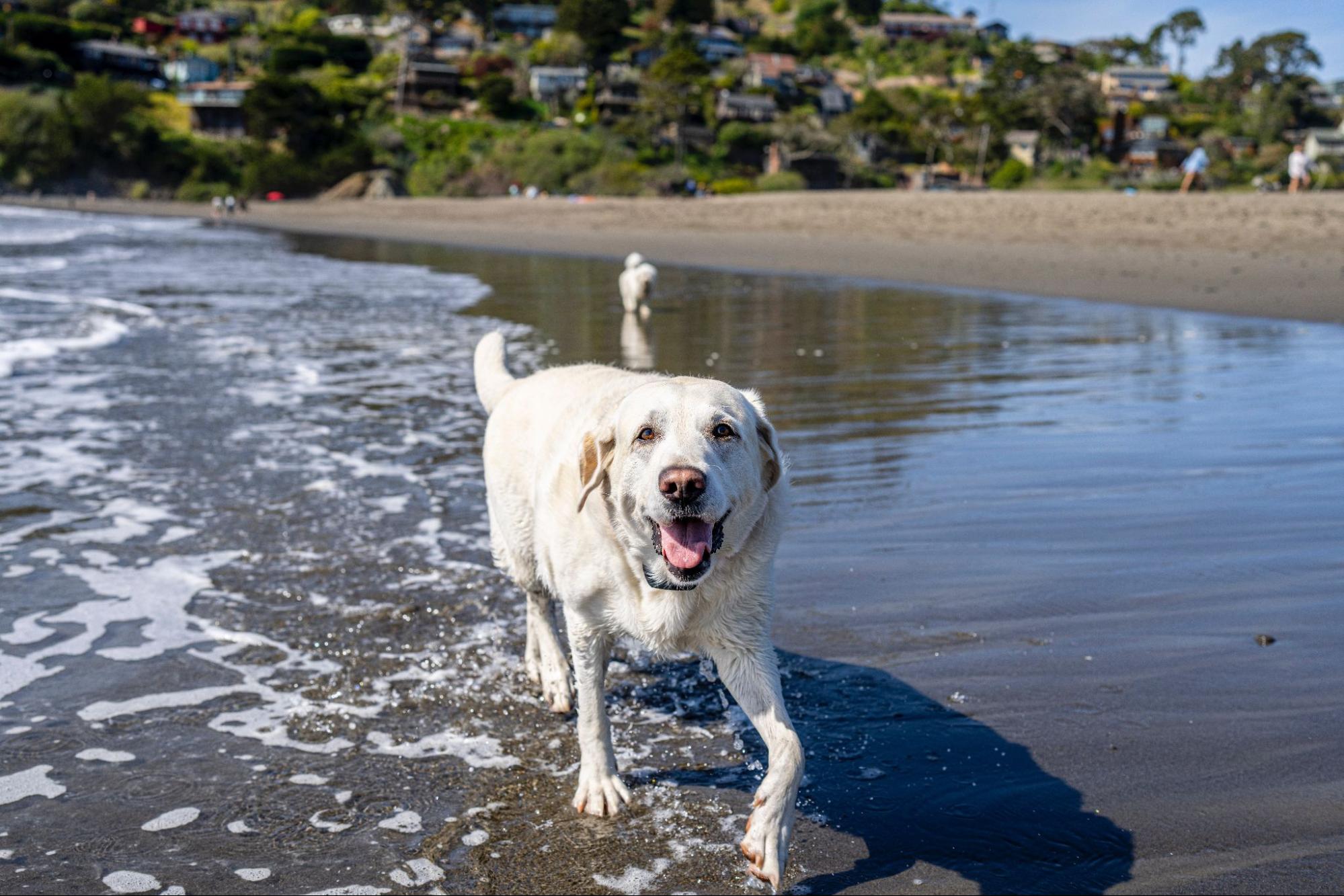How to Stop Puppy from Eating Everything
As a proud owner of a Labrador puppy, I understand the challenges that come with their curious and mischievous nature. One common concern for Labrador owners is their tendency to eat everything in sight. If you’re struggling with this behavior, don’t fret! In this article, I’ll share some effective strategies on how to stop your puppy from eating everything and provide insights into the best foods for Labradors.
Labradors have an innate desire to explore the world through their mouths, which can lead to them swallowing objects that are potentially harmful or indigestible. To prevent this behavior, it’s crucial to implement proper training techniques and create a safe environment for your furry friend. Start by puppy-proofing your home, keeping hazardous items out of reach and providing plenty of appropriate chew toys.
When it comes to feeding your Labrador puppy, choosing the right food is essential for their overall health and well-being. Look for high-quality dog food specifically formulated for Labradors or large breed puppies. These diets typically contain balanced nutrition with optimal levels of protein, fat, carbohydrates, vitamins, and minerals to support healthy growth and development.
By following these guidelines on how to stop your puppy from eating everything and selecting the best foods tailored for Labradors, you can ensure that your furry companion grows up strong and healthy while minimising any unwanted dietary mishaps along the way. Remember to consult with your veterinarian for personalised advice based on your puppy’s specific needs.

Common Reasons Why Puppies Eat Everything
When it comes to puppies and their insatiable desire to munch on anything and everything in sight, it can leave us scratching our heads in bewilderment. But fear not, as I’ll shed some light on the common reasons behind this peculiar behavior. Understanding these reasons is the first step towards curbing your Labrador puppy’s voracious appetite.
- Exploration and Teething: Puppies use their mouths as a way to explore the world around them. Chewing provides sensory stimulation and helps alleviate discomfort during teething. It’s natural for Labradors, known for their love of food, to seek out objects to nibble on.
- Boredom and Lack of Stimulation: Like humans, bored puppies tend to find creative ways to entertain themselves. If your Labrador isn’t mentally or physically stimulated enough, they may resort to chewing things they shouldn’t.
- Attention Seeking: Puppies are social creatures that crave attention from their owners. In some cases, if they feel neglected or lonely, they may resort to destructive chewing as a means of gaining your focus.
- Hunger or Nutritional Deficiencies: Sometimes puppies eat non-food items due to hunger or inadequate nutrition. Make sure your Labrador is getting a balanced diet with proper portions and consult with your veterinarian regarding any nutritional concerns.
- Separation Anxiety: Being left alone can trigger anxiety in some puppies, leading them to indulge in destructive behaviors such as eating everything within reach.
- Lack of Training and Boundaries: Puppies need clear boundaries established from an early age through consistent training methods. Without proper guidance, they may not understand what is acceptable for chewing and what isn’t.
- Medical Issues: In rare cases, compulsive chewing or pica (the consumption of non-edible objects) could be associated with underlying medical conditions such as gastrointestinal disorders, nutritional deficiencies, or parasites. If you suspect this may be the case, consult your veterinarian for a thorough examination.
By identifying the underlying reasons behind your Labrador puppy’s penchant for eating everything, you can take targeted steps to address the issue. Remember to provide appropriate chew toys, engage in regular exercise and mental stimulation, establish consistent training routines, and ensure they are on a well-balanced diet. With patience and guidance, you’ll help redirect their chewing habits towards more suitable options and foster a healthy relationship with food.